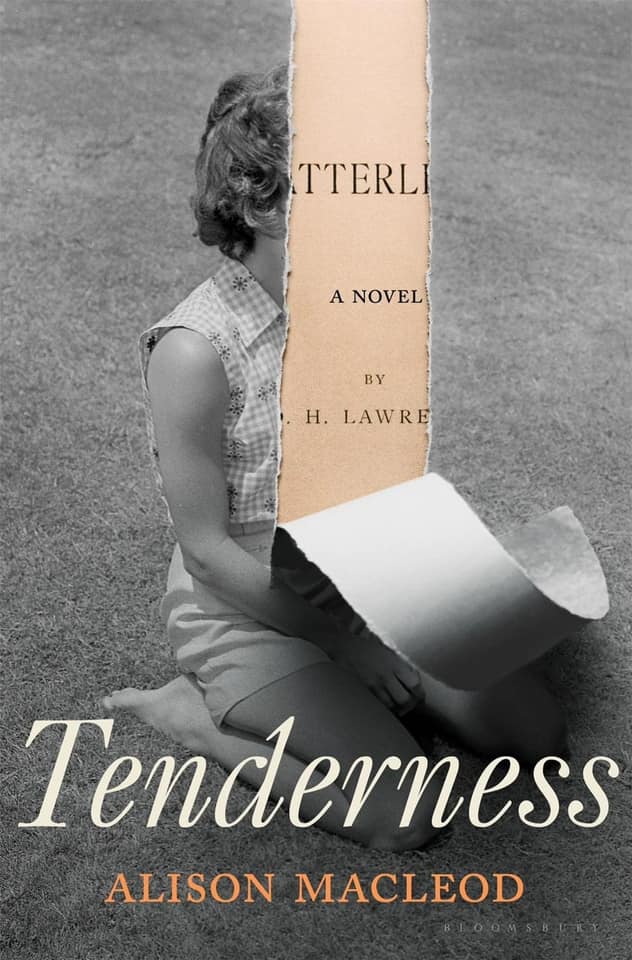On Tuesday April 18, at 6.30pm, Canadian-British literary fiction writer Alison MacLeod will discuss her latest novel, Tenderness, and her life and times as an author and teacher at a special Meet the Author event at The British Institute Library. Here she shares a few thoughts ahead of the presentation.

“I’d always loved books and dreaming up stories as a child, but my writing life began properly in 1987. I was 22 when I travelled from my native Canada to the University of Lancaster for a Master’s course. There, I found fellow writers, published my first story, explored the Lake District, and fell in love with a poet. Four years later, we both had academic posts, had moved to Sussex and married. In 1996, my first novel was published. Other books followed and, in my forties, I was made professor. Looking back, I recall with a smile that my ‘Plan B’ in 1987, if Lancaster went wrong, was to move to Florence. I suspect I wanted to be Lucy Honeychurch in A Room with a View.
I first visited in 2002. I remember the moment when I turned a corner and the Duomo appeared, massive and extraordinary. Tears sprang to my eyes, partly in astonishment; partly because I was instantly and viscerally moved. I’ve been back perhaps ten times. I love Florence’s colours, its golden light, its ease for wandering, and its art.
I last returned in 2018 when I was researching Tenderness. My novel is the story of the creation and ‘afterlife’ of D. H. Lawrence’s controversial 1928 novel, Lady Chatterley’s Lover (which Lawrence originally entitled Tenderness). As he wrote, he was dying of TB in a rented villa on a remote hilltop near Scandicci. I wanted to see the house and the view he had. I also wanted to find the villa in Fiesole where, in 1920, he had an affair with the woman who would, I discovered, become the model for Constance Chatterley. Both were eureka moments.”

A ‘magnificent nonlinear spin on Lady Chatterley’s Lover and the censorship of literature during D.H. Lawrence’s life and beyond. . . . MacLeod covers an astonishingly broad range of incidents, eras, and themes in vivid prose, and depicts Lawrence’s supporters and opponents with equal insight and sympathy. [T]riumphant… this places MacLeod among the best of contemporary novelists.’
—Publishers Weekly, starred review
Tenderness has been featured on the New York Times’ Best Historical Novels of 2021 and The Season’s Best New Historical Novels lists.







